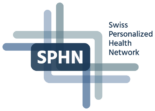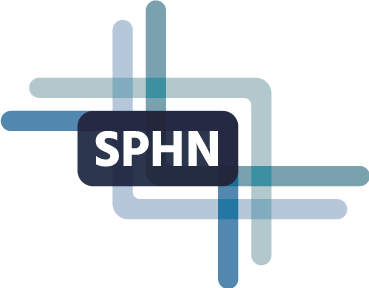Progress towards achieving interoperability of scientific computing facilities, orchestrated by the Swiss Personalized Health Network Data Coordination Centre.
The key objective of the SPHN is to enable cutting-edge personalized health research by establishing nationwide interoperability of health data. Today we report progress achieved in BioMedIT, a project aimed at setting up a nationwide network of secure computing infrastructures, enabling clinical and biomedical research. Each BioMedIT node is affiliated to SIB partner Universities, namely sciCORE (UNIBAS), Vital-IT (UNIL and UNIGE) and SIS (ETHZ).
Towards secure and interoperable computational research infrastructures
The BioMedIT project, managed by the SIB Swiss Institute of Bioinformatics, is building on existing centres of expertise. The aim is to establish a network of regional IT nodes supporting research on human data. All nodes in the network will operate interoperable infrastructures and services, complying with the SPHN IT security policy. At the SPHN Data Coordination Centre, we work closely with the BioMedIT nodes, defining standards for data exchange mechanisms and analysis workflows. The vision is to build a dynamic, scalable and secure network of health data resources, across Switzerland.
A step into the right direction
In a pilot project involving sciCORE, Vital-IT and SIS, the successful encryption, transfer and decryption of data between the nodes was conducted applying a standard protocol. Additionally, the regional nodes pulled and executed a computational analysis workflow in the form of a container, and this demonstrated the feasibility of robust distributed data analysis across the BioMedIT network. Containers provide a way to isolate analysis software such that it becomes portable and reproducible, from one node to another.
Overcoming technical and organisational barriers led to a significant step towards achieving a secure, encrypted data transfer, as well as exchange and execution of data analysis containers between the nodes. Based on the learning from this pilot project, the BioMedIT team is now looking into ways of standardising and automating the process. This will pave the way towards a secure, federated and high-performance data analysis infrastructure, enabling personalized health research in Switzerland.
For more information on technical background – contact the DCC

